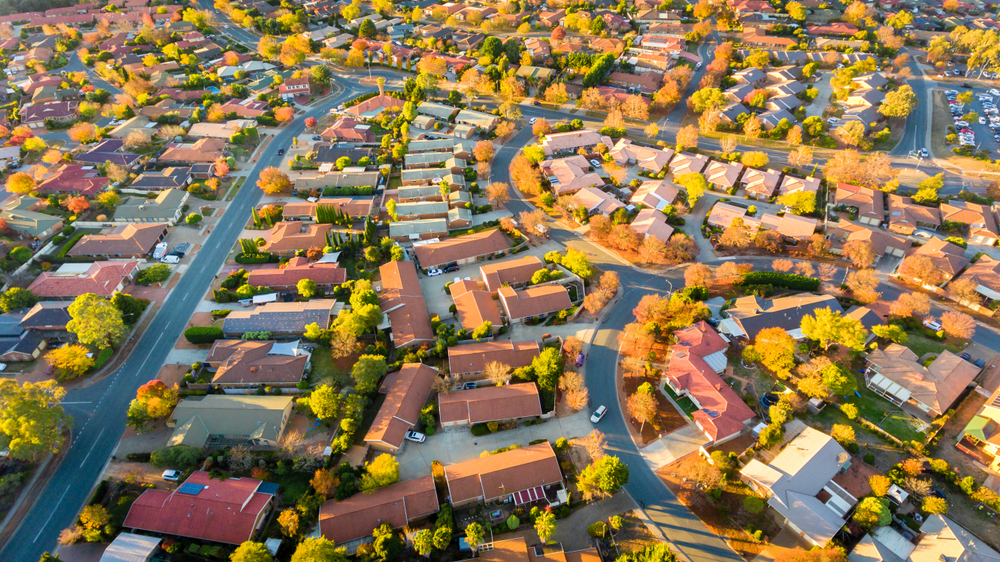Australian homes are valued at AUD10.2 trillion for the first time
The median house price was AUD941,900, up from AUD925,300 in the December quarter of 2021

A press release by the Australian Bureau of Statistics (ABS) revealed that in the March quarter 2022, the total value of Australia’s residential homes increased by AUD221.2 billion (USD154.2 billion), taking the total worth of the country’s 10.8 million dwellings over AUD10.2 trillion (USD7.1 trillion) for the first time.
New South Wales accounted for 40.1 percent, or AUD4.1 trillion (USD2.9 trillion), of the total value of houses in the country, followed by Victoria at 26.9 percent [AUD2.7 trillion (USD1.9 trillion)] and Queensland at 16.7 percent [AUD1.7 trillion (USD1.2 trillion)].
In Australia, the median house price was AUD941,900 (USD656,315), up from AUD925,300 (USD644,749) in the December quarter of 2021.
“Over the past year, growth in median prices in regional NSW and Victoria has outpaced growth in their capital cities for both houses and attached dwellings,” said Michelle Marquardt, head of Prices Statistics at the ABS.
More: Hong Kong citizens find homes in Australia, Canada & the UK
In a report by Australian Broker Online, ANZ expects house prices to plummet 15 percent by the end of 2023, with Sydney’s housing market slated to drop more than other capital cities.
Back in mid-May, it predicted a three percent reduction in national house prices in 2022 and an eight percent drop next year, but now predicts a five percent loss by the end of the year and another 10 percent drop in 2023, leaving prices roughly six percent higher than pre-pandemic levels.
On the other hand, Christopher Joye, portfolio manager at Coolabah Capital Investments, predicted that Australian housing values could fall by more than 30 percent as a result of the Reserve Bank of Australia (RBA) increasing interest rates. This would result in a rise in the cheapest discounted variable mortgage rate from roughly 2.25 percent to 6.50 percent, given the widening of bank credit spreads (or financing costs), reported Macrobusiness.
The Property Report editors wrote this article. For more information, email: [email protected].
Recommended
Why everyone is moving to Selangor and Johor: Malaysia’s real estate comeback
Malaysia’s upturn in fortunes is especially prevalent in secondary destinations such as Selangor and Johor
Penang’s silicon boom: How the US-China tech war is supercharging local real estate
Penang’s booming semiconductor industry has created ripples within the local real estate sector
New leader, new opportunities: How Hun Manet is shaking up Cambodia’s real estate game
Hun Manet is overseeing decent economic growth and widening access to the country’s real estate market for foreigners
Singapore embraces inclusive housing reforms amid resilient demand
The Lion City’s regulatory strength continues to exert appeal for international investors








